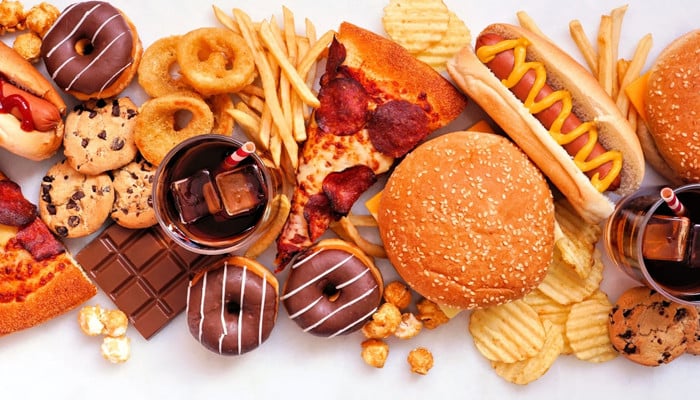
Ultra-processed food addiction has become a major health issue in the US, especially among children.
According to CNN, research shows that 12% of the nearly 73 million US children and adolescents have an ultra-processed food addiction. The Yale Food Addiction Scale is used to diagnose food addiction among people.
Ashley Gearhardt, a professor who developed the Yale addiction scale, said, “Kids are losing control and eating to the point where they feel physically ill. They have intense cravings and may be sneaking, stealing, or hiding ultraprocessed foods.”
She further added, “They may stop going out with friends or doing other activities they used to enjoy in order to stay at home and eat, or they may feel too sluggish from overeating to participate in other activities.”
Ashley’s research found that 14% of adults are clinically addicted to eating more, particularly ultra-processed foods that contain higher levels of sugar, salt, and fat.
The researcher noted, “By age 2 or 3, children are likely to eat more ultraprocessed foods in any given day than a fruit or vegetable, especially if they’re poor and don’t have enough money in their family to have enough quality food to eat. Ultraprocessed foods are cheap and literally everywhere, so this is also a social justice issue.”
Eating less processed food increases the risk of heart disease, weight gain, cancer, and even morality.















